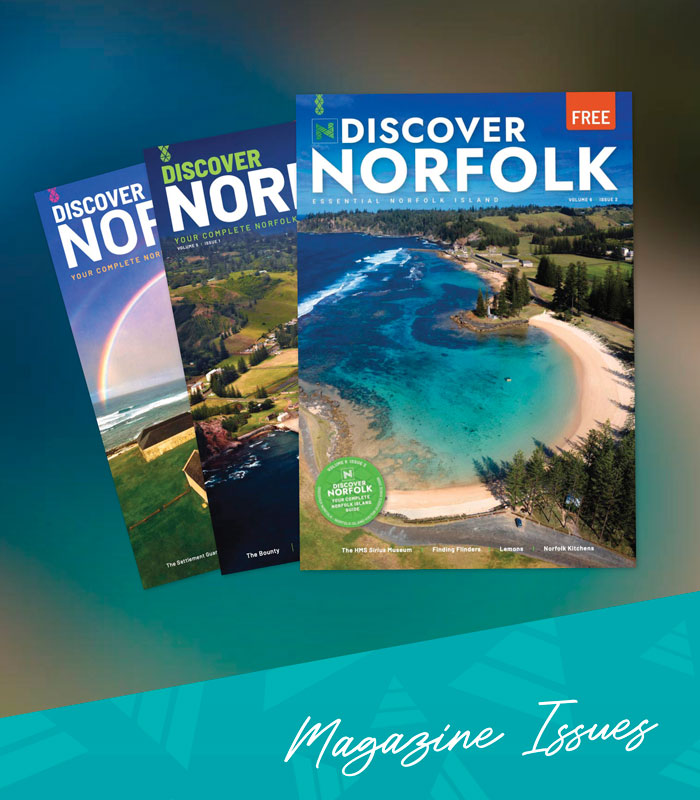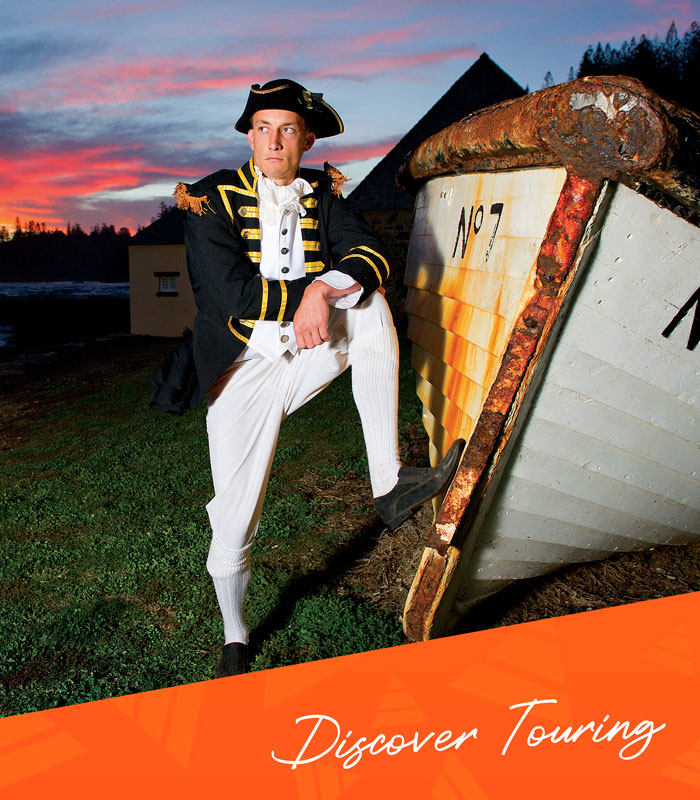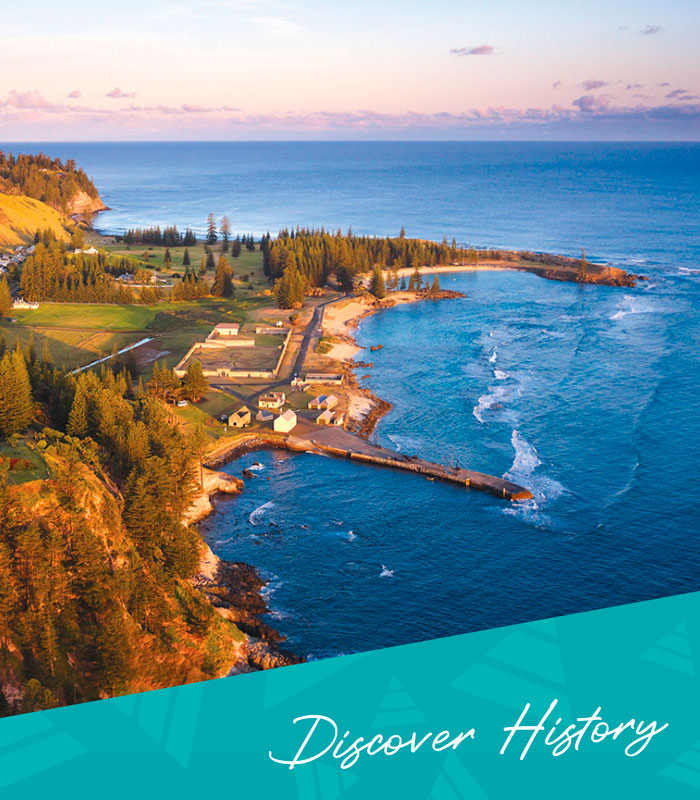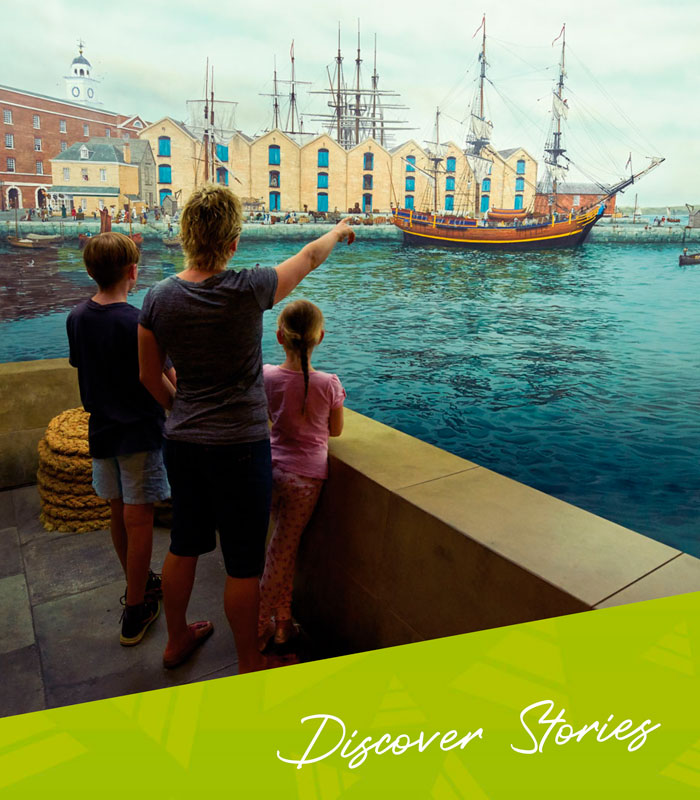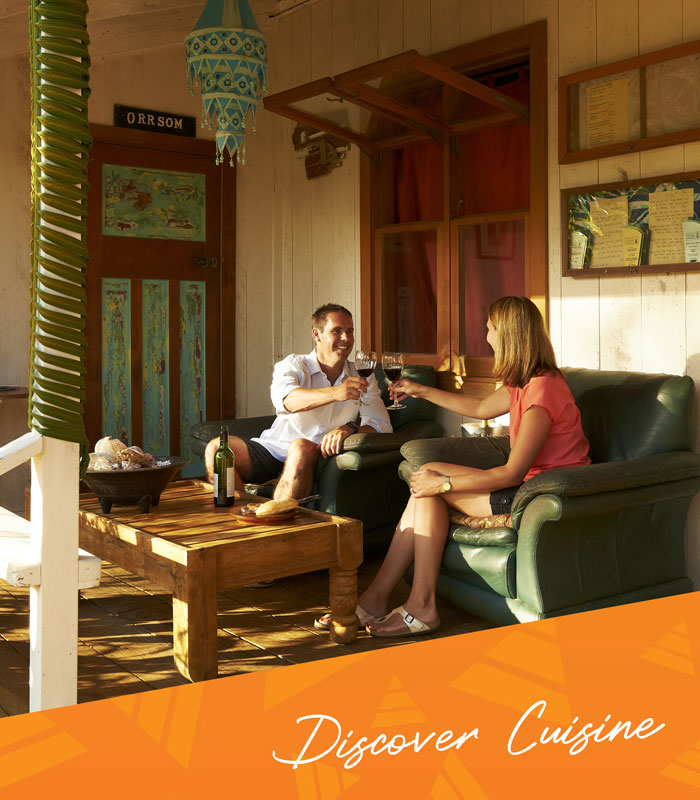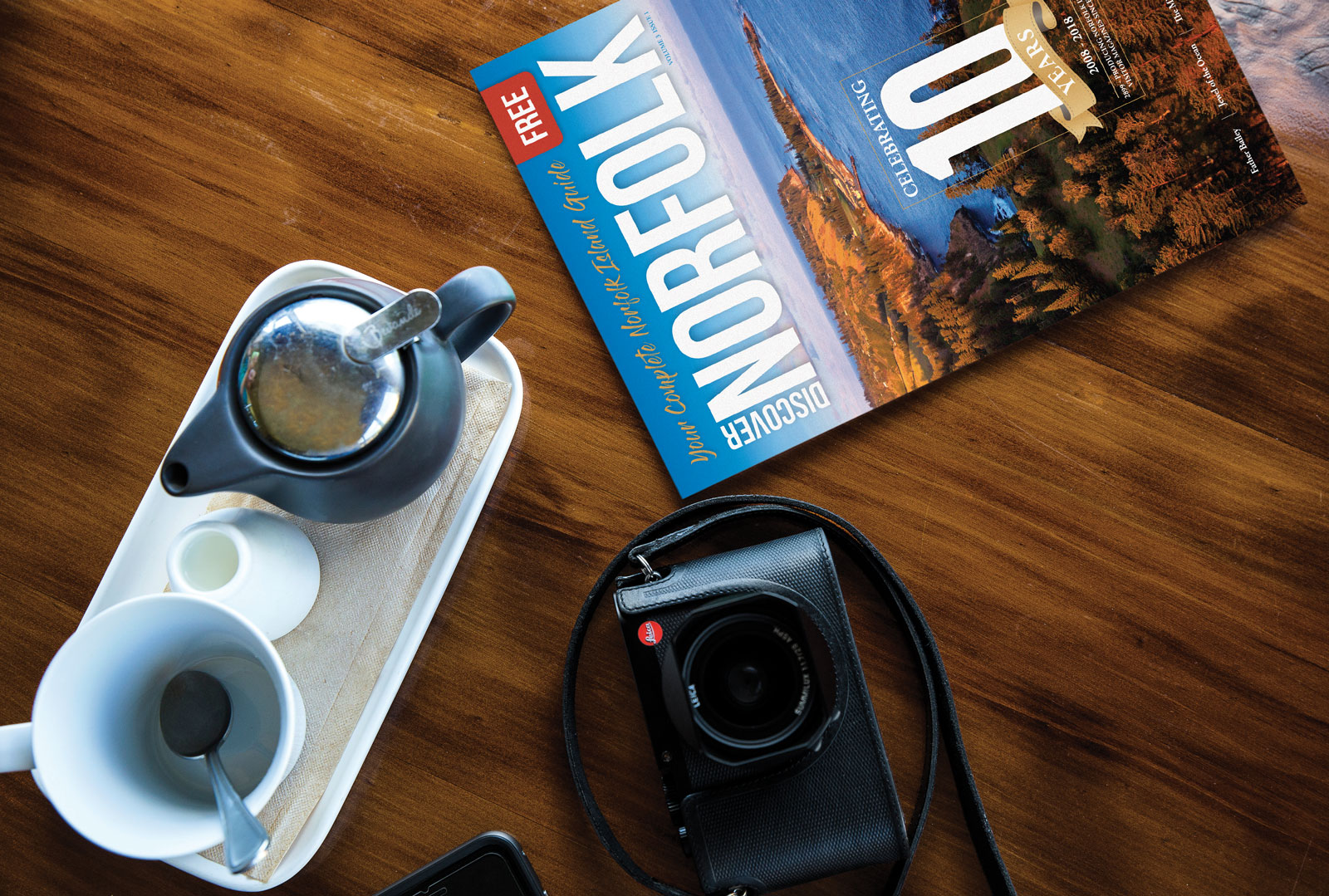
Once a year, the lights are dimmed, the prompters find their places, the actors prepare in their dressing rooms, the adjudicator checks their notes, the expectation heightens, and the curtains open to the first play on the first night of the ‘Theatre in Paradise’ Festival. Will it be a terse heartwrenching drama about a high school shooting? A light musical romp, with the audience tapping along to the music? A contemporary Shakespeare, set in New Zealand and performed by high school students? Who will win First Prize? Best Actor? Whatever the mix of plays (3 per night over several nights), the lucky audience can always expect to be moved, surprised, brought to tears or laughter, and to have plenty to talk about as they reluctantly file out of the theatre into the waiting night, still caught in the stories and the buzz of the evening.
The ‘Theatre in Paradise’ festival is part of a long heritage of theatre on Norfolk, interwoven through the different settlements and fortunes of the island. The first theatre in the Australian region to regularly perform plays was set up on the slopes of Flagstaff Hill at Kingston in 1793, during the First Settlement. The Second Settlement saw soldiers and officers performing in a “Corp Dramatique” within the compound area. In the last century, the Norfolk Island Dramatic Society made up of local residents was active in the 1930s and 1950s performing popular plays of the time like Daddy Longlegs. More recently NATS (Norfolk Amateur Theatrical Society) was formed in 1980, running through to today. NATS performs regularly through the year with a cast drawn from experienced and new amateur actors, exploring different dramatic genres to great acclaim. Their most recent play was ‘Bouncers’, exploring the sometimes fraught world of nightclubbing, drinking and partying. The island actually boasts two theatre companies at present, with ‘The Mill Road Music Makers’ writing, arranging and performing their own musical works.
Many people are able to recall vividly the play or plays from the festival that resonate with them to this day. “One of my favourite plays from the festival through the years was Romeo and Juliet, performed by Aranui High School from New Zealand” says Margaret Christian, long-time theatre-goer both here and in Australia “I’d have to say it was one of the best plays I’ve ever seen. It was set in the present day, with two maori drug-gangs warring it out. It was incredibly well-done, I remember the adjudicator at the time was moved to tears by it, something she’d never done before in that role. Actually, it’s the plays done by the high school students I often find really profound – Norfolk Island Central School performed one about three people in a bomb shelter and making the decision to face almost certain death if they left it… it was so well acted.”
The Festival usually runs over a week in early October during the school holidays, presenting 3 plays per evening at the new 150 seat Ferny Lane Theatre, with each play being performed only once. The most plays the festival has put on has been 15, an event that all of the regular participants remember well for the amount of work and precision timing it involved. NATS regular and Festival stage manager Deena Hattersley says, “There’s a lot more behind the scenes work than many people realise. My job starts when we get the entries in, and start locating props which the various groups have asked for. Once on the island, every group gets a technical rehearsal and a dress rehearsal, and on the day of their play each group gets 2 hours on stage, which means that they can run through their play twice. So that’s 6 hours during the day, before the evening performance itself gets under way and the whole week runs to 80-90 hours of voluntary work. I couldn’t do it without Ernie (Christian), he’s been my assistant for years and he’s always so positive. We work hard but we play pretty hard too, it’s great fun to unwind with everyone after the show” Monica and Ian Anderson (longtime NATS members and dedicated year-round festival organisers) muse over the search for props, “Every year we ask around and we put it out over the local radio – we’ve had to find all sorts of things – three different couches at the same time, double beds, a gun, a goldfish bowl and once a dinghy! Dinty had one in her back garden and we had to get it on stage. But we always manage to find them …”
Some of the theatre groups who have come over to the festival during the years include Pahiutua Repertory Society (NZ) (winners of the Trans-Tasman Trophy in 2008), Front Row Theatre, Aranui High School, Enigma Productions, Australian Community theatre, The Hunters Hill Theatre Group, Rogues and Vagabonds, Insomnia Productions – there’s a huge and varied list from all different areas, from high school groups, community groups, companies that have performed their plays in different festivals, groups that are workshopping their play for the first time. Many of them return many times to the festival. Maggie Scott of Insomnia Theatre and The Hunter’s Hill Theatre says “We were extremely impressed with the organisation of the festival, and we loved meeting such a geographically wide selection of other theatre enthusiasts, all friendly, welcoming, and passionate about what they do.”
Integral to the festival is the role of the official adjudicator, who judges the plays and decides on the winners in the categories of ‘Best Actor’, ‘Best Actress’, the ‘Youth’ Trophy, ‘Best Production’ & ‘Best Director’ with the best production taking out the overall prize of the ‘Trans-Tasman Trophy’. Three-time adjudicator (with his next to be in 2009) Kurt Lerps is great fan of the festival, saying, “The one thing that I really love about the festival is that most of the groups see all the plays and co-mingle over a ‘few wines’ with theatrical experiences, and stories. As you may know, the adjudicator also holds classes and I find these also a challenge and great experience. Most of the ‘players’ and ‘crew’ come to the classes and again it is this sharing of talent and assistance that make these special. It is a full on week of theatre!”. As an adjudicator, he says he looks for a good choice of play, and the suitability of the cast, how well it is acted and produced and the ‘overall achievement’ (take note, prospective applicants!)
For audiences and participants alike, it’s bound to be a week of intense theatre, with breaks in between to sample the delights that Norfolk has to offer. Let’s give the last word to Maggie Scott, who describes a particularly ‘Norfolk’ moment during their time here… “We remember shopping for onions for dinner only to find there were no onions to be had that day. The actual classic words from the shopkeeper were, “We had an onion. It sold”. As Sydneysiders we were not used to the vagaries of supplies on Norfolk. To this day, whenever one of us appears in a theatre production, the others turn up backstage – not with flowers but an onion! Happy days! May the theatre festival long continue”.
____
Article content disclaimer: Article first published in 2899 Magazine V1 Iss2, 2008. Please note that details of specific travel, accommodation and touring options may be outdated. References to people, places and businesses, including operating days and times may be have changed. References to Government structure and Government businesses/entities may no longer be applicable. Please check directly with businesses and/or Government websites directly rather than relying on any information contained in this article before you make travel arrangements.



